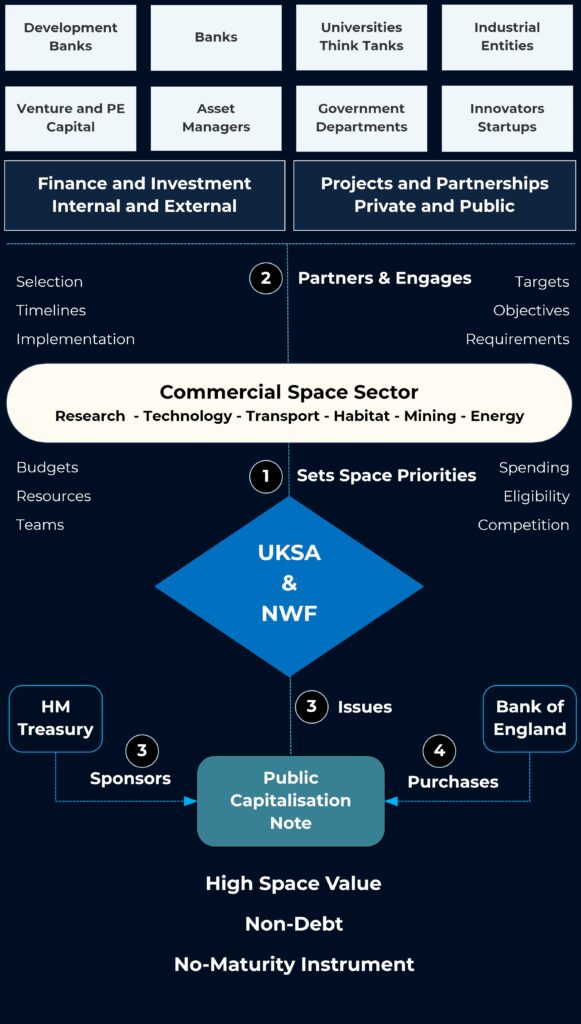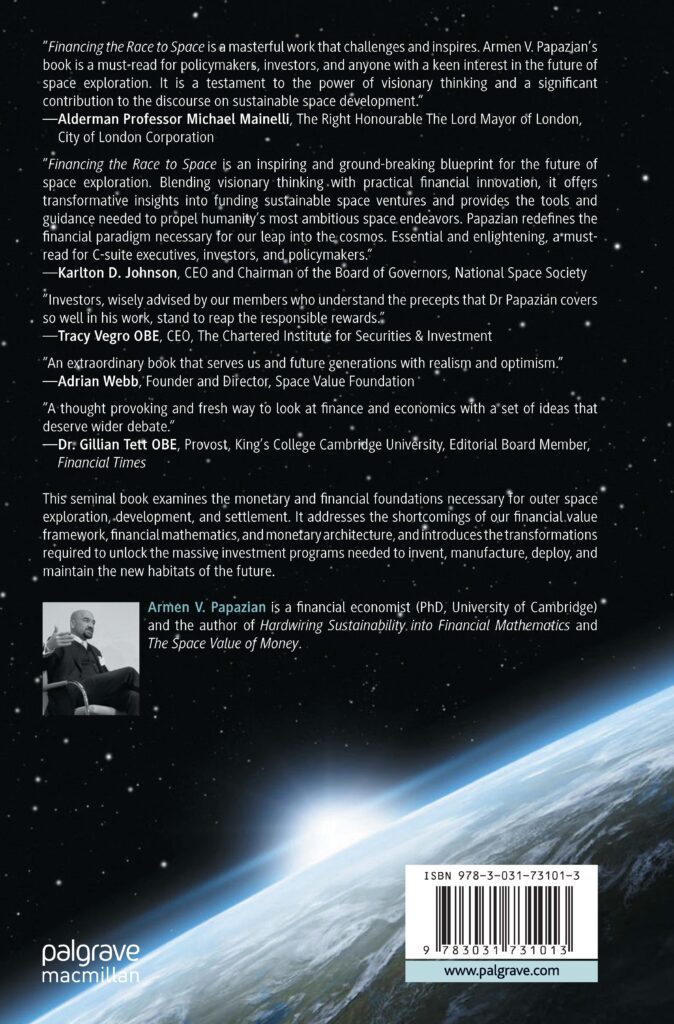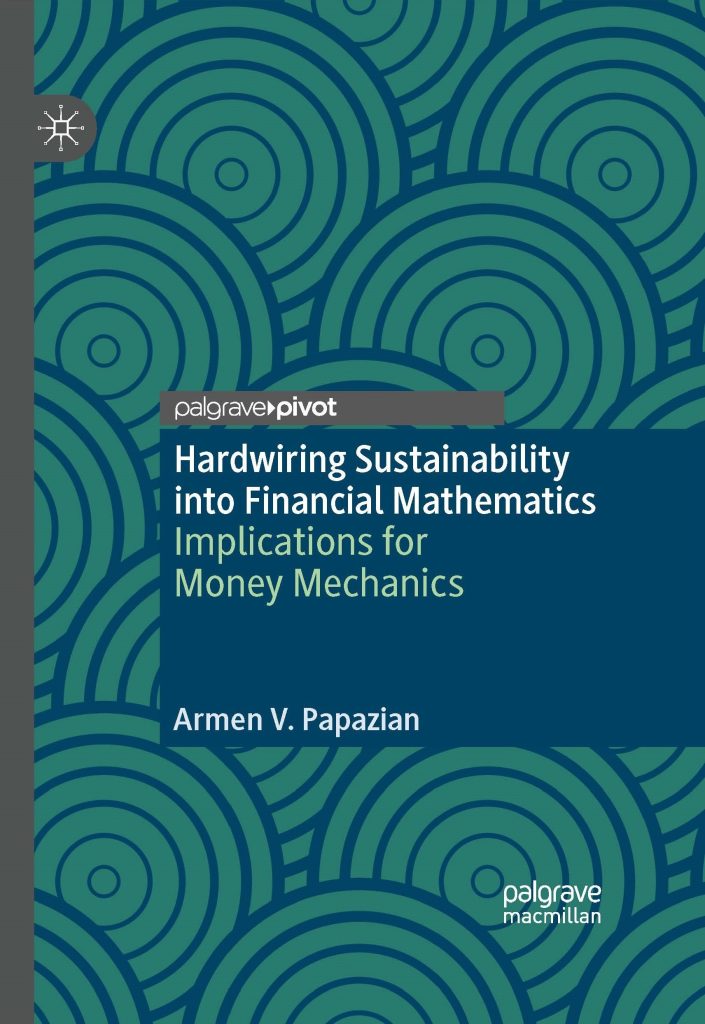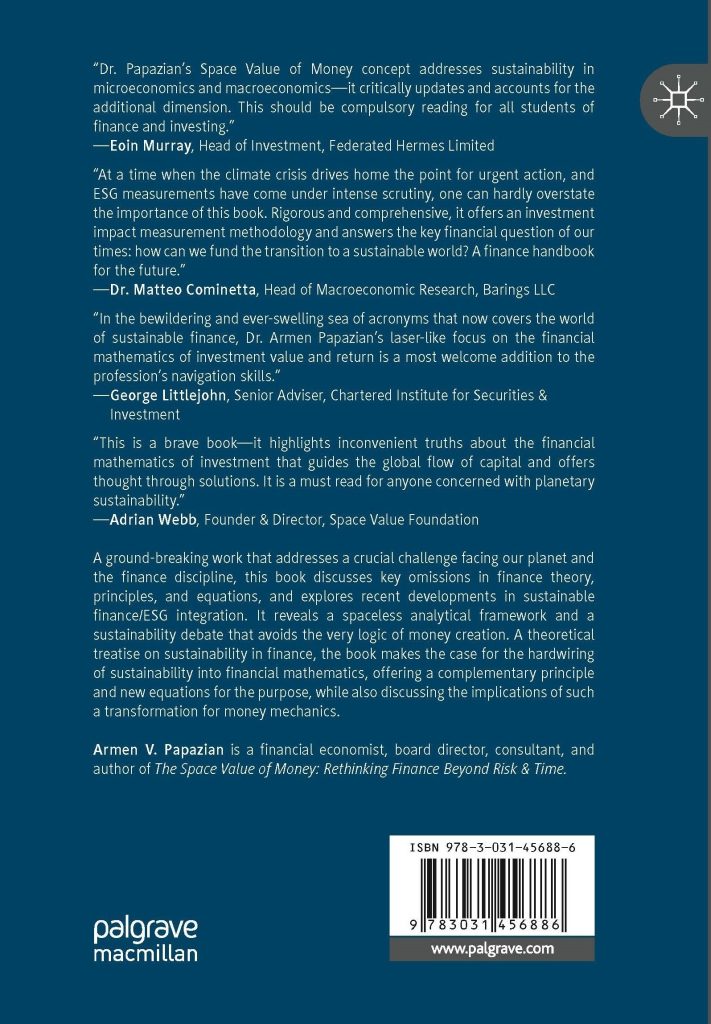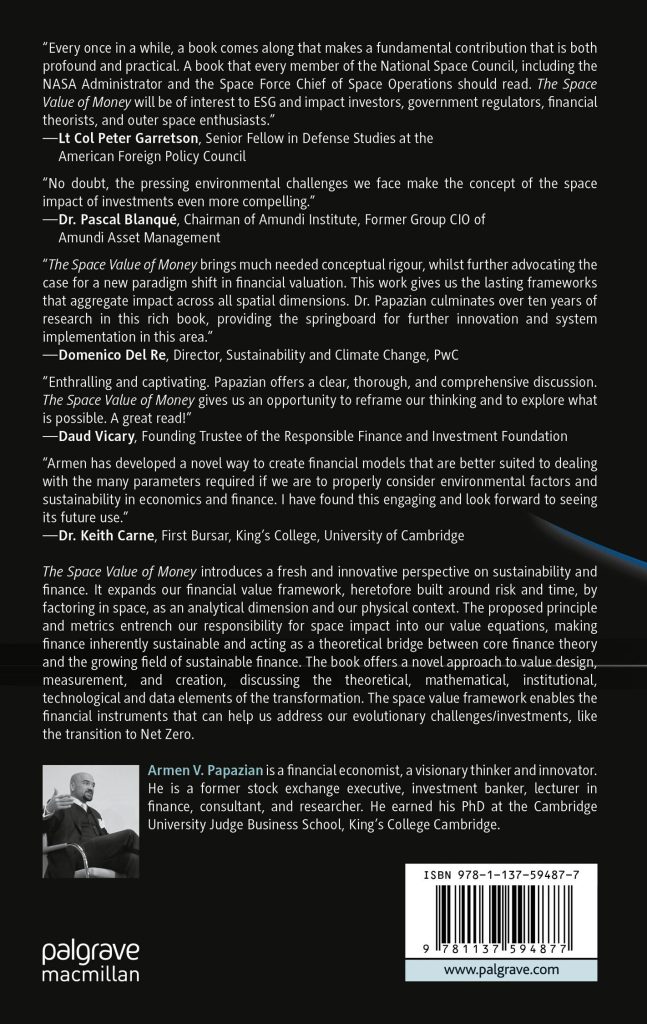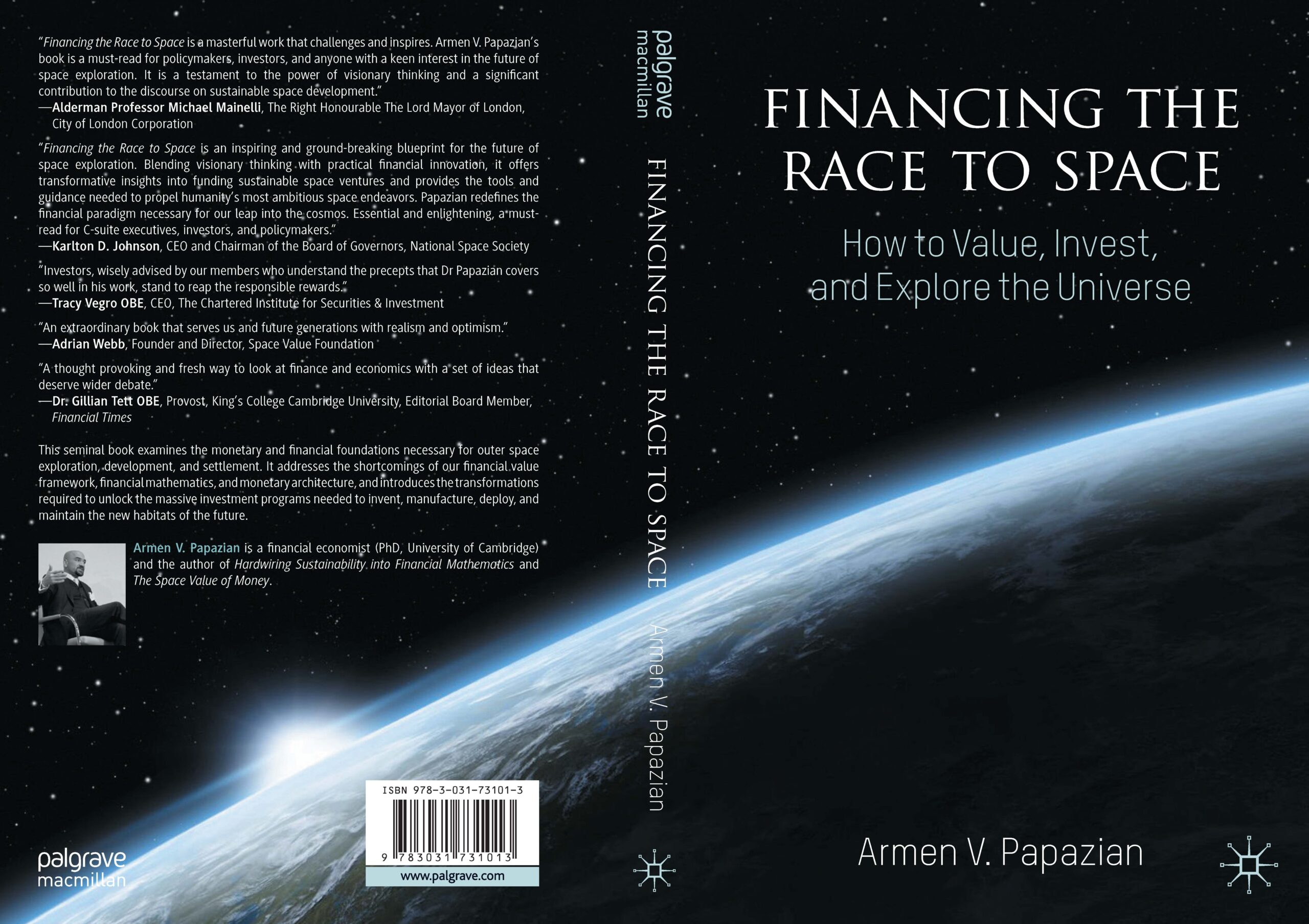“A new investment program that raises the bar and adds more ambitious targets on the ten-point plan [National Space Strategy] can be achieved through a space-adjusted financial value framework, mathematics, and monetary tools. If we were to transform our financial value framework and mathematics… we will be able to allocate the billions needed to fund our most ambitious outer space projects. All this can be achieved while transcending austerity and the financial value framework and monetary architecture that justify it.”
Financing the Race to Space, 2024
This post highlights some of the arguments I make in chapter sixteen, ‘UK NEW OUTER SPACE DEAL’, of my latest book, Financing the Race to Space. You can learn more through the books as well as the many different tabs on this site. The main image used above was generated by the author using Chat GPT Image Generator, DALL.E. You can also read this post on Substack.
Other Posts
The purpose of this post is to argue that Britain's 'National Space Strategy' must become a strategic pillar of the new Labour government and the catalyst for a 'New Outer Space Deal' — an economy-wide investment program that stimulates and sustains growth, transcends austerity, and launches Britain to orbit. To achieve such a transformation, Britain must first reinvent monetary economics and the financial value framework it has been serving at the expense of its own future.
After 14 years of selective austerity, budgetary cuts, underinvestment, and eroding public services, the new Labour government (2024) led by Prime Minister Keir Starmer wants to “take the breaks off Britain” and has made a clear strategic turn away from the past. Rebuilding Britain, growth, and investment have now replaced the previously unhealthy focus on austerity.
While the rhetoric has changed, the first budget announced on the 30th of October 2024 by the Chancellor of the Exchequer, Rachel Reeves, expresses the more complex reality faced by the country and the UK economy. The two key avenues through which the new Labour government aims to fund and achieve its vision of growth are higher taxes and more debts.
Interestingly, while innovative technologies are a priority for the new government, the budget makes no reference to the ‘National Space Strategy’ established in 2021. In fact, ‘space’ is hardly mentioned in the budget. Amongst the very few times that it is, the text refers to the allocation of “£975 million for the aerospace sector over 5 years to fund vital research and development for the latest aerospace technology.”
Indeed, ‘space’ and ‘outer space’ were also absent from the King’s Speech (17th of July 2024) that announced the new government’s agenda. In the entire background document of the speech, the word ‘space’ is used twice, once referring to ‘community spaces’ and another time referring to ‘public spaces.’ There is absolutely no reference to outer space. I find this omission surprising and I believe it is in the interest of the UK and its future to rectify this strategic omission urgently.
In Financing the Race to Space I argue that the outer space sector can become the locus of a New Outer Space Deal in the UK, funded through new instruments that can help address the high levels of debt and taxes. Moreover, it can be a key trigger of productivity growth, which can in turn raise tax revenues and living standards down the line.
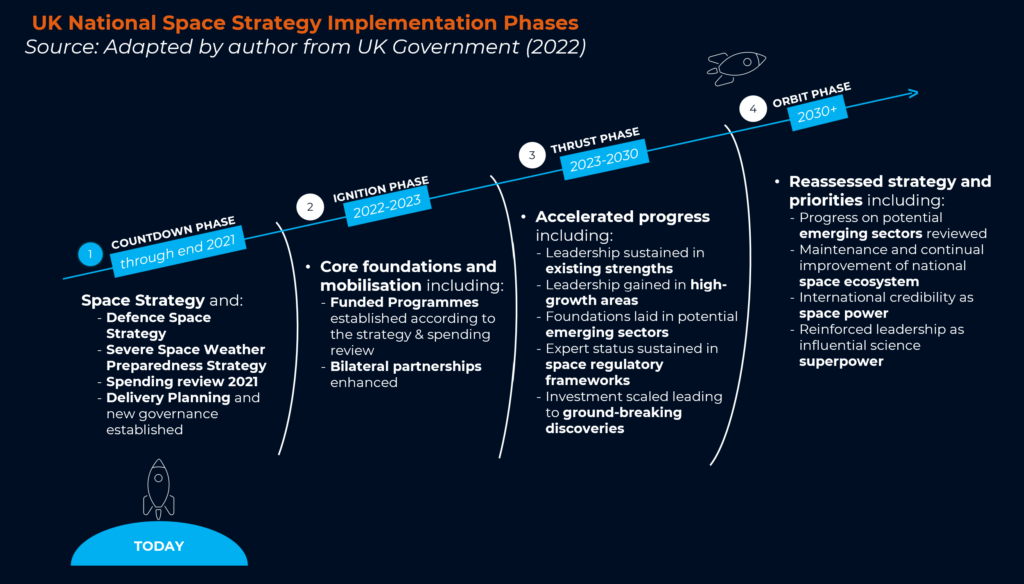
The tax and debt focus of the new 'rebuilding Britain' budget is the direct outcome of our current monetary and fiscal framework and the state of public finances. As such, I believe it should be treated as a stop loss budget, even though an expensive one for many.
To launch Britain into orbit, we must be able to reinvent the policy matrix that has led us to our current predicament. While discipline is a MUST, our current financial value framework and monetary architecture can and should be reformed.
The charts below describe the last 14 years of austerity where public expenditures and investment have stagnated and declined, while debts have soared. In other words, austerity did not actually achieve improved public finances. In truth, the new Labour Chancellor of the Exchequer, Rachel Reeves, described the situation as “worst state since second world war” (Financial Times, 2024), and revealed a £22 billion ‘black hole’ that had to be addressed in the latest budget.
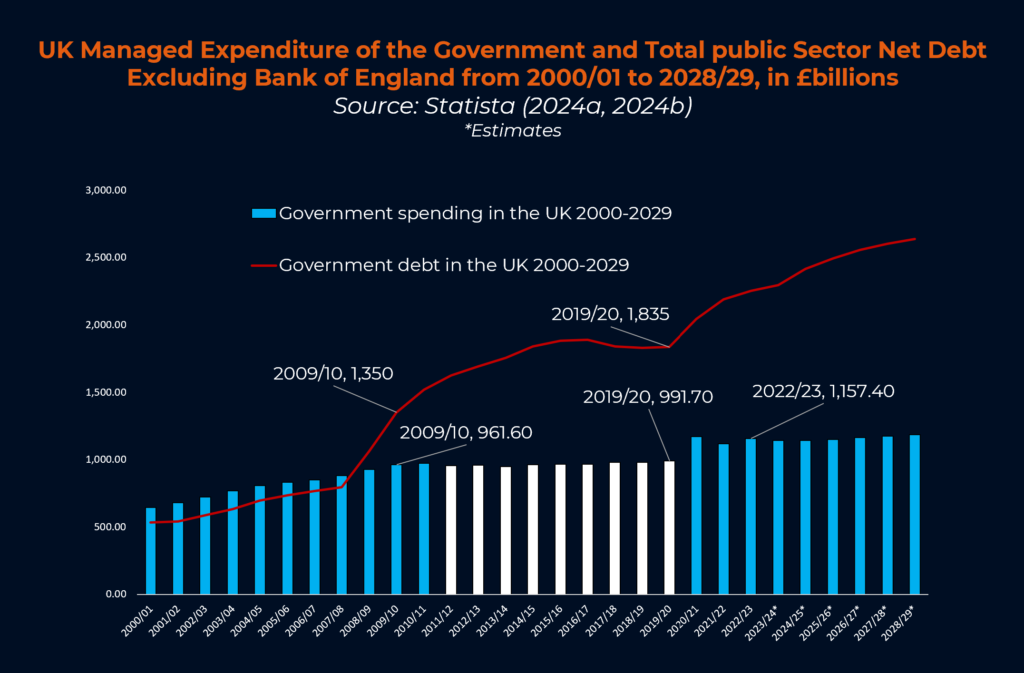
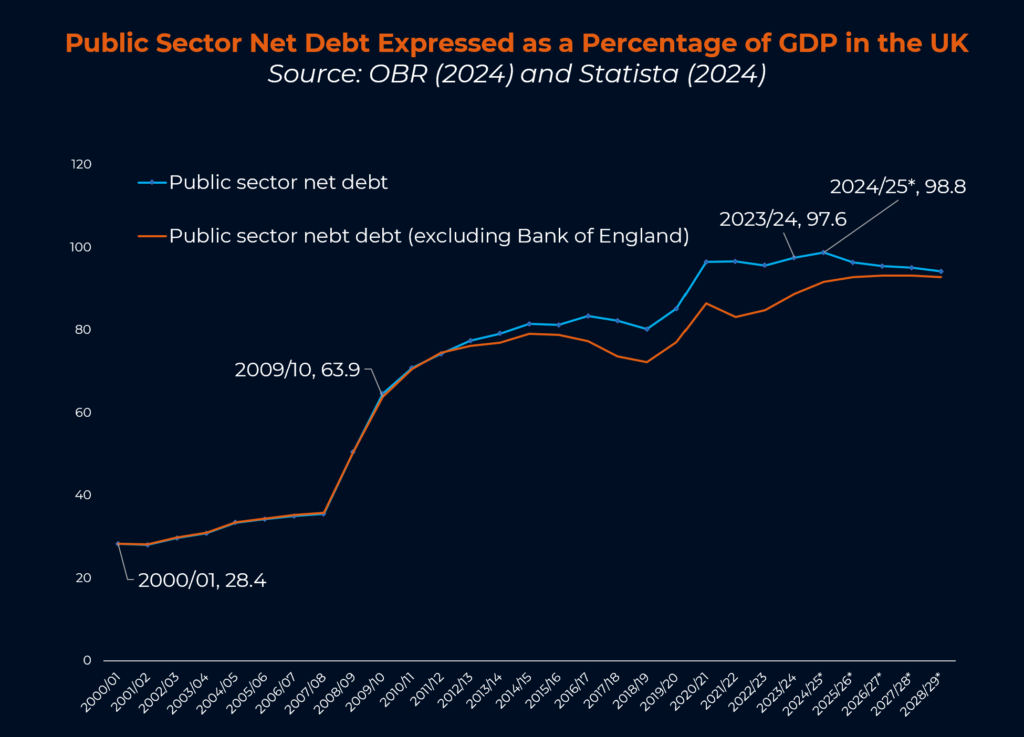
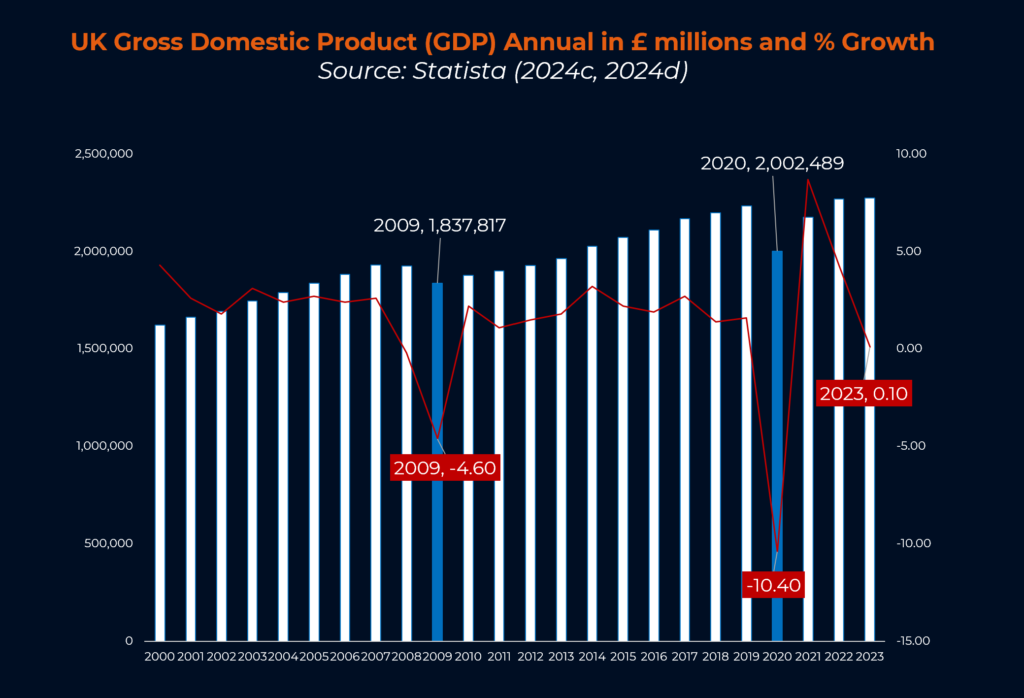
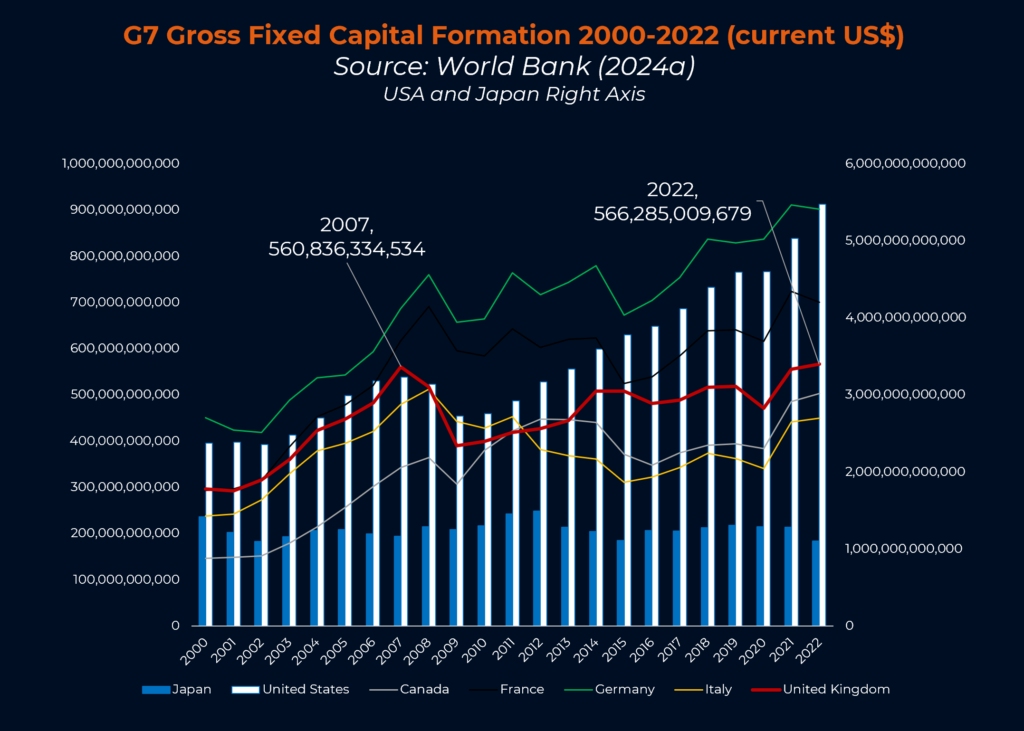
As I have discussed in previous posts, and I elaborate in the book, if Britain wants to transcend and conquer the challenges of the last 14 years, achieve growth, and launch itself to orbit, it must first address the shortcomings of our financial value framework, mathematics, and monetary architecture.
"Given the circumstances... to “take the breaks off Britain,” to unshackle the country from the debilitating grip of austerity, we will have to seek the theoretical and framework transformations first. Breaking away from years of unproductive stagnation will require a rethink of the theoretical framework and monetary architecture that underpin the domestic policy matrix."
Financing the Race to Space, 2024
Below is the instrument I propose, adapted to the UK Space Agency and the National Wealth Fund (created by the new Labour government). The purpose of the National Wealth Fund (NWF) is to invest in ground-breaking technologies and promote growth. As per the budget “The NWF, the UK’s new impact investor, will support the growth mission by mobilising billions of pounds of investment in the UK’s world-leading clean energy and growth industries, and supporting the delivery of our new Industrial Strategy.” A key strategic focus of the National Wealth Fund is to crowd in private investment.
While the NWF is a good idea, what is required is a much more fundamental change that allows the injection of new money into the NWF. I discuss the reasoning and justifications of this proposition in the book.
Public Capitalisation Notes make the above possible. They can achieve the injection of new money without additional debts. You can read my most recent post, The Monetisation of Space, to learn more about the transformative impact and role that such an instrument can play.
In fact, I propose a New Outer Space Deal for the UK, funded through PCNs, and explain why this is a critical strategic umbrella that can achieve growth, while addressing high debt levels without crippling tax rises. Furthermore, this can be a blueprint for other investment programs addressing other parts of the economy, including health care and transportation.

